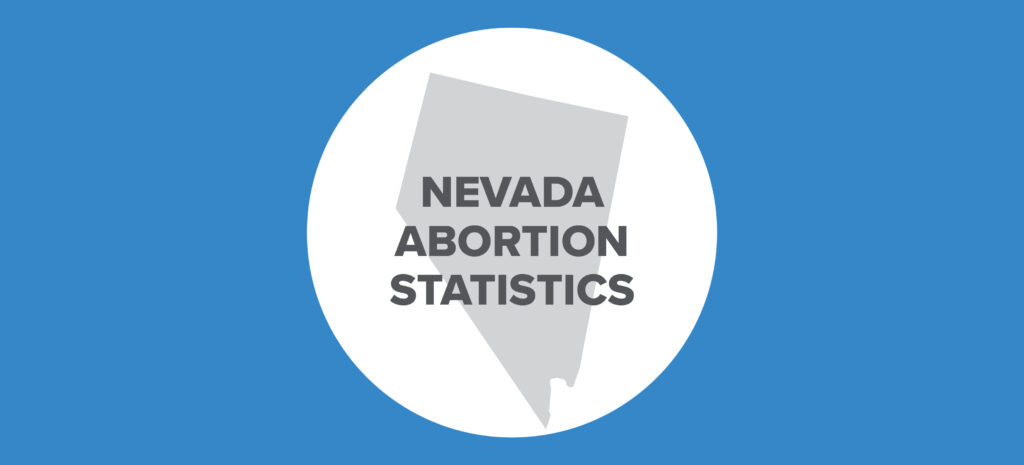New Analysis Finds Planned Parenthood Facilities Outnumbered 14 to 1

Community-Based Health Clinics and Pregnancy Centers Offer Women More Options and Real Choices
FOR IMMEDIATE RELEASE: July 11, 2022 |
Contact: Mallory Carroll, [email protected]
Washington, D.C. – A new analysis from Charlotte Lozier Institute (CLI) finds 14 community-based health clinics and pregnancy centers for every one Planned Parenthood facility in the United States, including more locations in rural and underserved communities.
The research examined more than 8,000 women’s service providers, including Federally Qualified Health Center (FQHC) sites and pro-life pregnancy centers in all 50 states, compared to just 585 Planned Parenthood locations in only 48 states.
Genevieve Plaster, CLI’s Deputy Director and lead author of the new analysis, said:
“Planned Parenthood might be favored by the media and political elite, but the reality is that women are offered more options and real choices through community-based care providers. Our research found that Planned Parenthood facilities are outnumbered 14 to 1 by comprehensive, federally-funded health clinics and pro-life pregnancy centers, which receive a majority of their funding from the community and are better equipped to provide pregnant women with holistic care when faced with difficult circumstances.
“Planned Parenthood’s true motivations towards women and their children are made plain by the fact that they have already closed several facilities because of Dobbs. In contrast, pro-life pregnancy centers nationwide continue serving mothers, children, and families in need, despite warnings from the FBI of continued threats of violence. FQHCs, which unlike Planned Parenthood are not dependent on abortion profits, continue making comprehensive medical care available to the very women pro-abortion politicians claim to support.”
The more than 8,000 women’s service providers identified by Charlotte Lozier Institute include more than 5,300 Federally Qualified Health Center sites and 2,700 pro-life pregnancy centers.
- Federally Qualified Health Centers are federally-funded health clinics that provide comprehensive care to vulnerable and medically-underserved populations.
- The more than 5,300 FQHC sites included in CLI’s analysis are a subset of total FQHC sites that CLI researchers have identified as offering women’s health services, including OB/GYN care, well-women care, family planning, mammograms, and prenatal care. The 5,300 FQHC sites analyzed by CLI researchers do not promote elective abortion.
- Pro-life pregnancy centers support pregnant women facing difficult circumstances with medical care and referrals, education, mentoring, and material support including diapers, car seats, and clothing at virtually no cost to the client.
- Community-based support at pro-life pregnancy centers is offered through nearly 15,000 staff and almost 54,000 volunteers, which includes 10,200 licensed medical professionals (both staff and volunteers).
CLI President Charles A. “Chuck” Donovan, who has worked in the pro-life movement since 1971, added:
“It is ironic that Federally Qualified Health Centers and pro-life pregnancy centers were established to support the very people that Margaret Sanger established Planned Parenthood to eliminate, including the poor, the marginalized, and those whom political and media elites seek to cast aside.
“As pro-abortion politicians grandstand at a series of Capitol Hill hearings this week, the real-world data show that life is winning. Women’s health and pregnancy centers outnumber Planned Parenthood facilities 14 to 1. In the Dobbs era, women have real choices for comprehensive medical care and tangible support that meets real needs while affirming that life is a human right.”
CLI’s full analysis, including maps and a state-by-state breakdown, is available at LozierInstitute.org/realchoices.
Charlotte Lozier Institute was launched in 2011 as the education and research arm of Susan B. Anthony Pro-Life America. CLI is a hub for research and public policy analysis on some of the most pressing issues facing the United States and nations around the world. The Institute is named for a feminist physician known for her commitment to the sanctity of human life and equal career and educational opportunities for women.
###






























